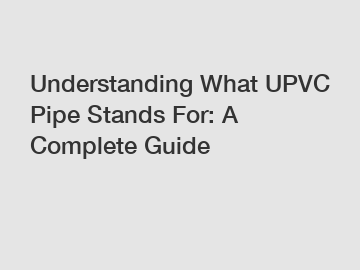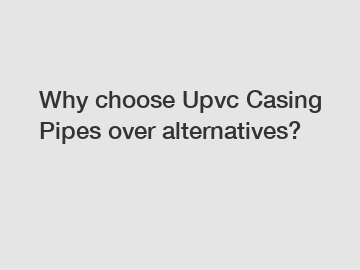What is specialty conveyor belts?
In the realm of material handling, conveyor belts have become indispensable tools, efficiently transporting goods and products across various industries. However, not all conveyor belts are created equal. Specialty conveyor belts, designed to address unique conveying challenges, offer tailored solutions for specific applications. But what exactly are specialty conveyor belts, and what makes them so versatile? Let's delve into the world of these specialized conveyors and explore their diverse applications.
### What are Specialty Conveyor Belts?
Specialty conveyor belts are distinct from standard conveyor belts in their ability to handle complex materials, navigate intricate layouts, and meet specific performance requirements. These belts are often customized with unique features, such as raised flights, specialized surface coatings, or intricate belt designs, to meet the demands of specific applications.
### Unveiling the Benefits of Specialty Conveyor Belts
The allure of specialty conveyor belts lies in their ability to overcome the limitations of standard conveyor belts and address unique conveying challenges. Let's explore some of the key benefits attributed to these specialized conveyors:
Enhanced Material Handling: Specialty conveyor belts can handle a wide range of materials, including delicate products, abrasive substances, and irregular shapes, with minimal damage or spillage.
Adaptability to Complex Layouts: These belts can be configured to navigate intricate layouts, including inclines, declines, tight turns, and multi-level conveying systems.
Improved Product Flow and Efficiency: Specialty conveyor belts can optimize product flow, reduce bottlenecks, and enhance overall conveying efficiency.
Reduced Product Damage: Their specialized features minimize product damage, ensuring the integrity and quality of the conveyed goods.
Compliance with Industry Standards: Specialty conveyor belts can be designed to meet stringent industry standards, such as food safety regulations or hazardous material handling requirements.
Further reading:
How to Choose OEM Petroleum Gasoline Oil Rubber Delivery Hose?
OEM Petroleum Gasoline vs. Oil Rubber Delivery Hoses: Key Differences
Key Questions to Ask When Choosing OEM Durable Waterproof Gear
How to Choose OEM Abrasion Resistant Sand?
**Ceramic Hose vs. Rubber Hose: Which Is Better for You?**
The Benefits of Using Ceramic Hose for Your Home Gardening Needs
Enhanced Durability: Bulk Wear-Resistant Ceramic Rubber Hoses
### Applications of Specialty Conveyor Belts
The versatility of specialty conveyor belts has led to their incorporation into a wide range of industries, including:
Food Processing: Specialty conveyor belts are used in food processing plants to convey delicate fruits, vegetables, and packaged goods, ensuring product integrity and hygiene.
Pharmaceutical Industry: These belts play a crucial role in pharmaceutical manufacturing, transporting sensitive ingredients, components, and finished products.
Packaging and Assembly Lines: Specialty conveyor belts streamline packaging and assembly processes, efficiently moving products between workstations.
Electronics Manufacturing: In electronics manufacturing, these belts handle delicate components and circuit boards, preventing damage and ensuring product quality.
Bulk Material Handling: Specialty conveyor belts are used in industries like mining and quarrying to transport heavy, abrasive materials.
### Conclusion
Specialty conveyor belts have emerged as indispensable tools in various industries, offering tailored solutions for complex conveying challenges. Their ability to handle diverse materials, navigate intricate layouts, and meet specific performance requirements makes them invaluable assets in ensuring efficient and effective material handling operations. As technology advances and conveying needs become more sophisticated, specialty conveyor belts are poised to play an even more prominent role in shaping the future of material handling.
The Advantages of Utilizing Bulk Wear-Resistant Ceramic Rubber Hoses
10 Questions You Should Know About Stormwater Steel Reinforced PE Pipe
Top Benefits of Stormwater Steel Reinforced PE Pipe
Polyethylene vs. PVC: Which is Better for Your Project?
Key Questions to Ask When Choosing Polyethylene vs Polyvinyl Chloride
How to Choose the Right LPG Tube Safely?
10 Questions You Should Know About Solar Energy Solutions
- Previous: Key Considerations When Buying Nylon Conveyor Belts
- Next: None










